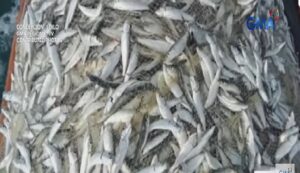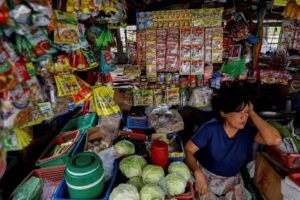
The Department of Agriculture (DA) announced that Sardinella lemuru, locally known as tamban, has been officially included in the Codex Alimentarius Commission (CAC) standards for fish and fishery products—an achievement expected to expand market access for Philippine sardine exports.
The Codex Alimentarius, established by the Food and Agriculture Organization (FAO) and the World Health Organization (WHO), sets global food safety standards to ensure consumer protection and fair trade in international markets.
A Win for PH Fisheries
Agriculture Secretary Francisco Tiu Laurel Jr. hailed the milestone as a major boost to the country’s fisheries sector:
“This should stimulate new investments and create more jobs in the industry.”
The DA and its agencies, including the Bureau of Fisheries and Aquatic Resources (BFAR) and the National Fisheries Research and Development Institute (NFRDI), have worked for six years to meet the necessary technical requirements for tamban’s inclusion.
Why It Matters
🇪🇺 Reentry into the EU Market: Tamban had faced import rejections in the European Union (EU) between 2016 and 2017 because it was not listed in the Codex Standard for Canned Sardines and Sardine-Type Products (CXS 94-1981).
📈 Stronger Export Potential: In 2022, sardines were the seventh-largest fish export from the Philippines, making up 2.7% of total fish exports. Germany, the Netherlands, and Spain accounted for 12% of these exports.
📊 Export Growth: Philippine sardine exports rose significantly from 6,095.77 metric tons ($14.7 million) in 2023 to 9,154.31 metric tons ($19.5 million) in 2024.
With the new Codex inclusion, Philippine sardine products are expected to penetrate more global markets, benefiting local fishermen, exporters, and the broader economy.






















Comments are closed for this article!